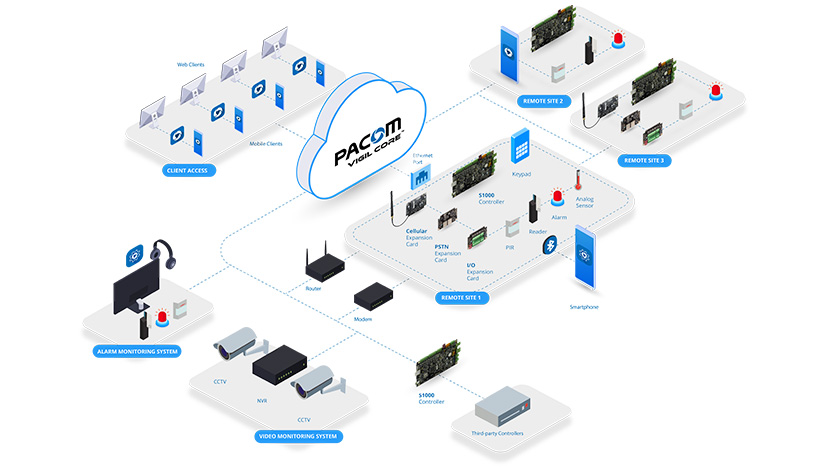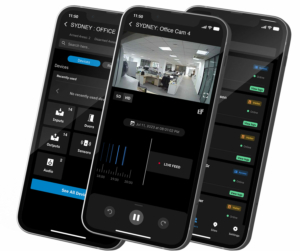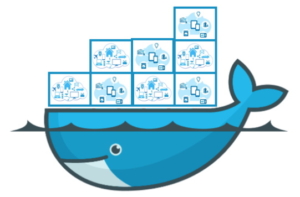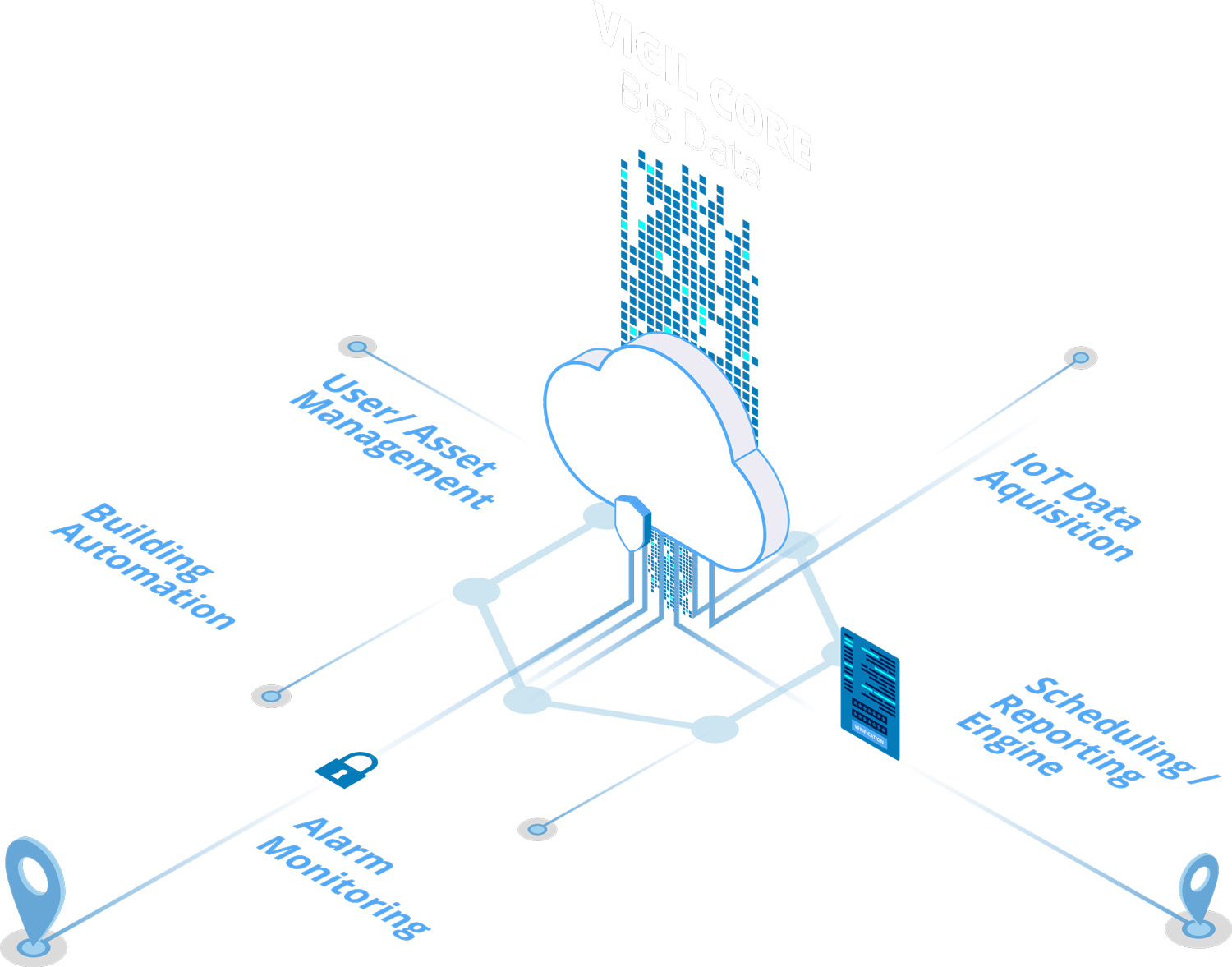Businesses of all sizes and in all geographies are turning to cloud services, and it is estimated that 60 percent of the world’s corporate data is stored in the cloud.
The Pluralsight 2023 State of Cloud report found that 94 percent of organizations worldwide are in the cloud, with 70 percent having more than half of their infrastructure there. Furthermore, 65 percent of organizations operate in ‘multi-cloud’ environments, and 44 percent of companies adopt the latest cloud products as soon as they’re available.
The US has been at the forefront of the cloud revolution. A recent study by Zippia found that 67 percent of enterprise infrastructure across the country is in the cloud, and the average employee uses 36 cloud-based services every day. The future also looks bright; according to Gartner, by 2027, more than 70 percent of enterprises will use industry-specific cloud platforms to accelerate their business initiatives.
An organization operating on limited financial resources may leverage cloud technologies to transition from a capital expense model to an operational expense pricing model. By sourcing IT services from the cloud, organizations can focus their investments on building HR capital, business growth, product development and improvements, marketing, and customer support. For a fast-growing organization, the cost component of IT infrastructure can grow exponentially. The expenses associated with deployment, management, and security of a complex IT infrastructure can overwhelm and limit the agility of organizations in response to fast-changing market requirements.
What is cloud computing?
Cloud computing is a term used to describe the use of hardware and software delivered via a network (usually the Internet). The term comes from the use of cloud-shaped symbols, which represent an abstraction of a rather complex infrastructure that enables the work of software, hardware, computation, and remote services.
Simply put, cloud computing is computing based on the internet. In the past, applications or programs would run from software downloaded on a physical computer or server. Cloud computing allows access to the same kinds of applications through the internet.
Cloud computing is based on the premise that computing takes place on multiple, often remote machines. Data collected is stored and processed by remote servers (also called cloud servers). This means devices accessing the cloud don’t need to work as hard!
PACOM Cloud Services
By hosting PACOM’s VIGIL CORE remotely, cloud servers free up the memory and computing power of individual computers. Users can securely access cloud services using credentials received from the cloud computing provider.

The advantages include cost benefits, technology innovation, and business process and security improvements. PACOM believes in these five key benefits for your organization:
1. Enable productivity from anywhere
Provide a consistent work experience with desktops and apps—accessible from virtually anywhere. Staff with busy schedules, or who live a long way away from the corporate office, can use the Manager App to keep instantly up-to-date with site status.
Resources in the cloud can be easily stored, retrieved, recovered, or processed with just a couple of clicks. Users can get access to their works on-the-go, 24/7, via any devices of their choice, in any corner of the globe, as long as they stay connected to the internet. On top of that, all the upgrades and updates are done automatically, off-site by service providers. This saves time and team effort in maintaining the systems, tremendously reducing the IT team’s workloads.
2. Maintain business continuity
Data loss is a significant concern for all organizations, along with data security. Storing your data in the cloud guarantees that data is always available, even if your equipment like laptops or PCs is damaged. Cloud-based services provide quick data recovery for all kinds of emergency scenarios — from natural disasters to power outages.
If you rely on a traditional on-premises approach, all your data will be stored locally, on office computers. Despite your best efforts, computers can malfunction for various reasons — from malware and viruses to age-related hardware deterioration, or as a result of user error.
PACOM Cloud Services can help you with loss prevention. PACOM’s VIGIL CORE is a Docker container-based system designed to be distributed, redundant and scalable. The Platform can be run in a Docker Swarm container environment in a public or private cloud hosting environment, and supports online or offline (air-gapped) installations.
3. Help secure Sites from cyberattacks
One of the major concerns of every business, regardless of size or industry, is the security of its data. Data breaches and other cybercrimes can devastate a company’s revenue, customer loyalty and brand positioning.
Tightly regulated industries face stringent compliance requirements associated with the security, availability and performance of datacenter technologies. Organizations handling sensitive financial, healthcare or other private information of customers are required to deploy robust mechanisms to protect customer data.

PACOM offers many advanced security features which guarantee that data is securely stored and handled. VIGIL CORE communicates with each component using wolfSSL; the library is a lightweight SSL/TLS library targeted for embedded, RTOS, and resource-constrained environments – primarily because of its small size, speed, and feature set.
All communications to the S1000 Smart Controller use HTTP over TLS and are authenticated in both directions using certificates. Certificates are validated or revoked by VIGIL CORE’s Integrations Layer. All communications will occur with the S1000 device acting as the TCP/HTTP client on port 443 so that no site-side firewalls need to be configured.
4. Business Future-Proofing
Different companies have different IT needs – a large enterprise of 1000+ employees won’t have the same IT requirements as a start-up. Using the cloud is an excellent solution because it enables an enterprise to efficiently – and quickly – scale up/down their IT departments, according to business demands.
The technology industry is fast-moving, agile and is responsive to changing market situations. Pioneers and industry-leading organizations lead the competition from the front and respond to market changes proactively. This agility is more easily realized when the necessary technical resources are at their disposal. Traditional technology models such as on-premise datacenters tend to limit organizations that would otherwise need to deploy new infrastructure before scaling their business.
 PACOM Cloud Services is ideal for businesses with growing or fluctuating bandwidth demands. If your business demands increase, you can quickly increase your cloud capacity without having to invest in physical infrastructure. This agility can provide a competitive advantage.
PACOM Cloud Services is ideal for businesses with growing or fluctuating bandwidth demands. If your business demands increase, you can quickly increase your cloud capacity without having to invest in physical infrastructure. This agility can provide a competitive advantage.
5. Continuously optimize the cost of your workloads
Many organizations rely on datacenter systems to operate at scale and are challenged with the ongoing management and security needs of complex IT infrastructure. Executives are forced to invest resources in areas focused on keeping the systems running, instead of scaling business operations in broader markets, or in research and development toward innovative solutions.
By using cloud infrastructure, organizations do not have to spend huge amounts of money on purchasing and maintaining equipment or in hardware, utilities, or building a large data center to grow their business. In addition, IT teams can be minimized as cloud providers’ staff handle cloud data center operations. Foundry’s Cloud Computing Study 2023 put some fresh data behind this paradigm shift. It found that 57 percent of organizations have accelerated their cloud migration over the past 12 months, and 31 percent of companies’ overall IT budgets will go towards cloud computing.
PACOM is committed to fulfilling the SLA agreements that limit the total annual downtime, service performance levels and security measures.
Is migrating to PACOM Cloud Services best for you?
Not every company will migrate to the cloud, at least not yet. However, many organizations have already benefitted through positive impacts on their business.
Cloud adoption increases every year since companies realize that it offers them access to world-class enterprise technology. And, if you implement a cloud solution now, you’ll be ahead of your competitors!
If you have any questions about how to effectively adopt the cloud for your business, or how to optimize your cloud performance and reduce costs, contact us today to help you out with your performance and security needs.
Links:
Pluralsight 2023 State of Cloud
[https://www.pluralsight.com/resource-center/state-of-cloud-2023]
A recent study by Zippia
[https://www.zippia.com/advice/cloud-adoption-statistics/#:~:text=Cloud%20adoption%20research%20summary.&text=To%20highlight%20just%20how%20important,place%20or%20in%20the%20works]
According to Gartner
[https://www.gartner.com/en/articles/what-are-industry-cloud-platforms]
Foundry’s Cloud Computing Study 2023
[https://foundryco.com/tools-for-marketers/research-cloud-computing/]
[https://www.flexera.com/blog/industry-trends/trend-of-cloud-computing-2020/]
[https://vigilcore.com/software/]
[https://www.docker.com/resources/what-container]
[https://www.wolfssl.com/about/]






 PACOM Cloud Services is ideal for businesses with growing or fluctuating bandwidth demands. If your business demands increase, you can quickly increase your cloud capacity without having to invest in physical infrastructure. This agility can provide a competitive advantage.
PACOM Cloud Services is ideal for businesses with growing or fluctuating bandwidth demands. If your business demands increase, you can quickly increase your cloud capacity without having to invest in physical infrastructure. This agility can provide a competitive advantage.